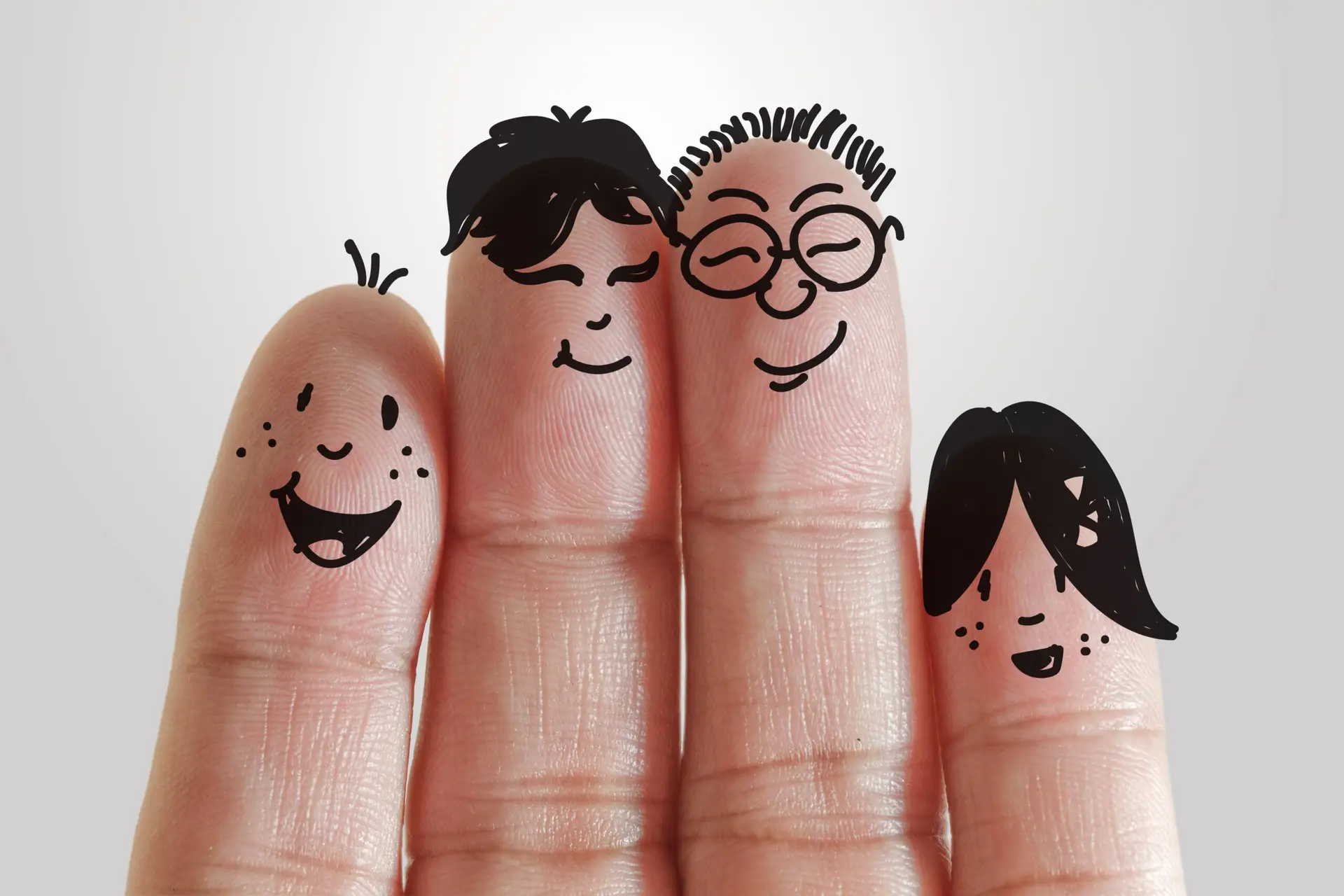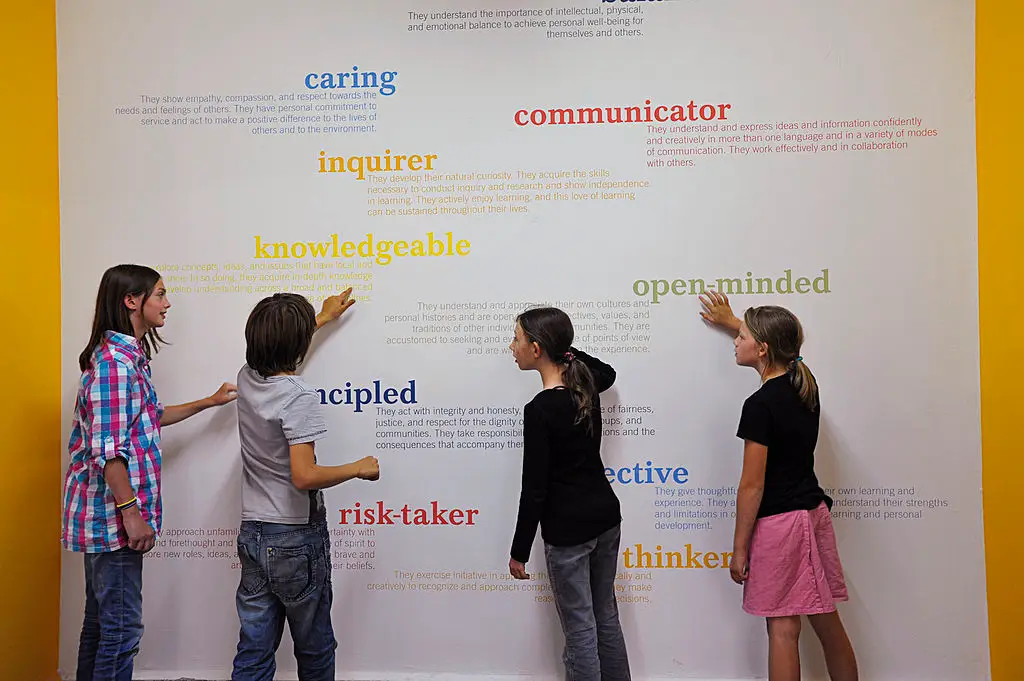Self-Awareness – Why is it so important?
Self-awareness is at the core of all the programmes at Lead Being You. Throughout our work together you build the capacity to understand yourself. You learn to pay more attention to your thoughts, emotions, and behaviours. This helps you understand how you interact in the world. With more awareness, over time, you change unhelpful habits and to make better choices.
Self-awareness is a skill that everyone can develop. Internal self-awareness refers to your awareness of yourself – your thoughts, feelings, and patterns of behaviour. External self-awareness is more about seeing how you impact others and how they perceive you. Both aspects are important. In all Lead Being You programmes we explore both aspects according to the needs and interests of the client.
In the Lead Being You framework there are three key pillars of self-awareness:
Self-Reflection
Self-Compassion
Self -Embodiment Practices
Each pillar supports the others.
Self-Reflection
 This is the simple act of pausing and taking the time to reflect on what just happened. It can have an enormous impact. Too often in daily life we don’t find time for that. Often, we complain that there is no point on reflecting on something that happened two days ago. In fact, this process helps bring awareness closer and closer to the moment itself. The moment in which being aware of what is happening when it is happening – is the moment when change can happen. Self-reflection can help get us there. In Lead Being You we use self reflection in our 1-2-1 coaching sessions and also between sessions to further enhance skill development.
This is the simple act of pausing and taking the time to reflect on what just happened. It can have an enormous impact. Too often in daily life we don’t find time for that. Often, we complain that there is no point on reflecting on something that happened two days ago. In fact, this process helps bring awareness closer and closer to the moment itself. The moment in which being aware of what is happening when it is happening – is the moment when change can happen. Self-reflection can help get us there. In Lead Being You we use self reflection in our 1-2-1 coaching sessions and also between sessions to further enhance skill development.
Self-Compassion
 Life is challenging for most of us, but you don’t need to give yourself a tough time because of your challenges. When you are kind to yourself in the face of your challenges, something remarkable can happen . You start being on your own side instead of being an enemy to yourself. You can also recognise that your boss, colleagues, and teams also have challenges. You can get alongside them as well and become a better leader. You can also make sure that you keep a healthy work life balance. Self-compassion comes out of your self-awareness.
Life is challenging for most of us, but you don’t need to give yourself a tough time because of your challenges. When you are kind to yourself in the face of your challenges, something remarkable can happen . You start being on your own side instead of being an enemy to yourself. You can also recognise that your boss, colleagues, and teams also have challenges. You can get alongside them as well and become a better leader. You can also make sure that you keep a healthy work life balance. Self-compassion comes out of your self-awareness.
Self-Embodiment and the Felt Sense
 80 % of the signals between the brain and the body go from the body to the brain. These signals are all processed in the right side of the brain. Real change happens when both sides of the brain – the logical left and the intuitive right – work together. Real change doesn’t happen by talking and analysing alone. Real change happens when you combine that with listening to the body in real time.
80 % of the signals between the brain and the body go from the body to the brain. These signals are all processed in the right side of the brain. Real change happens when both sides of the brain – the logical left and the intuitive right – work together. Real change doesn’t happen by talking and analysing alone. Real change happens when you combine that with listening to the body in real time.
This work also helps connect the two hemispheres of the brain . The right side of the brain connects to the body and to ‘experience near’ – and to what is alive in the moment . The left side of the brain connects us to our story about a topic, to describing it and to ‘experience distant’. This approach was developed by Heinz Kohut who demonstrated that this was the best way to make lasting change happen.
We access the ‘experience near’ through the felt sense. That often-fuzzy feeling which is hard to describe because everyone has their own unique way of experiencing it! It is usually some combination of emotions, physical sensations, images, and intuition. Often it holds information or wants to communicate something of importance.
The Three Modalities
All of the three modalities I work with combine both ‘experience near ‘ and ‘experience distant’. They are as follows:
Focusing: the method created by Eugene Gendlin to help everyone experience their Felt Sense.
The practice of circling: This practice is a kind of relational mediation. It’s a way to explore the relational field between self and others. It brings a greater sense of presence, awareness, and connection.
NARM™ (Neuro Affective Relational Model): Developed by Dr Laurence Heller to address developmental trauma.
I am trained and credentialed in all three of these embodiment methods. Being trained in one of these embodiment practices is rare amongst coaches, being trained in all three is rarer still.
Benefits of Self-Awareness
- You manage your emotional triggers
One of the things you will start to have awareness about is about what triggers you emotionally. This awareness helps you become less reactive. You find that you have more capacity to stay calm and collected, no matter what - You make better decisions.
Now that you know yourself better, you can make better choices. You are no longer reactive, and you now respond to the needs of the situation at hand. Your past history, fears, or old habits no longer take over in a negative way.
- You build healthier relationships
Greater self-awareness can also have a positive impact on your relationships both at work and at home. You become more aware of yourself, what is impacting you and of how you might be impacting others. Self-awareness leads to healthier communication patterns. It tends to bring more care and compassion both to yourself and to others. This also improves relationships of all kinds.
- You keep a healthy sense of perspective.
As you become more self-aware you get less caught up in the minutiae of daily life . You are able to focus on what really matters to you, both personally and professionally. You are better able to focus on your own priorities not other people’s.
- You value yourself more.
Now that you are more self-aware you can see more clearly the value you bring to any situation. You feel more confident, understanding your strengths and your challenges. You can feel calmer and more connected to yourself and others.
Self-Awareness is a core component of our work together.
What benefits do you see for yourself?





